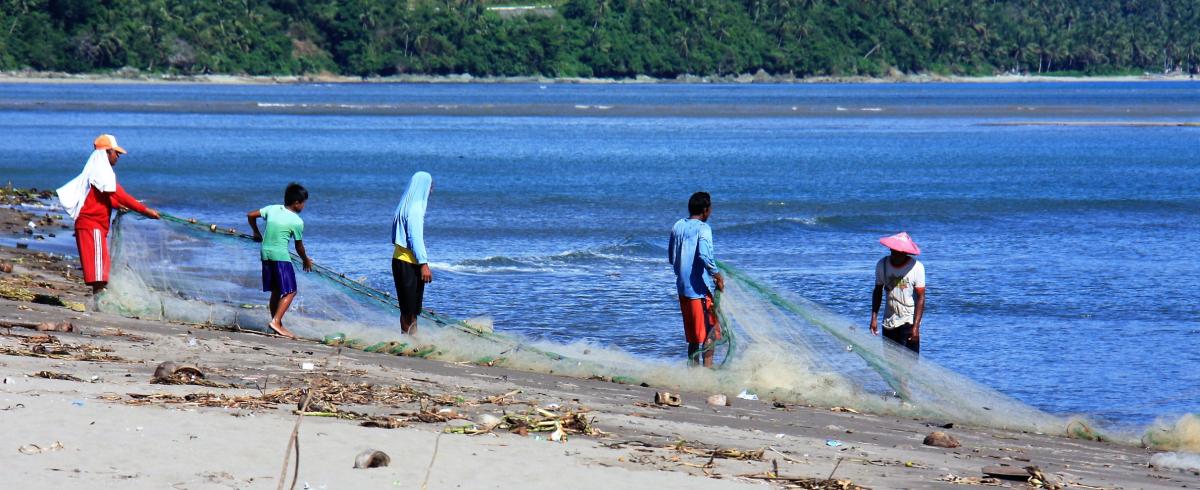Energising local economies: experiences of solar start-ups in Kenya's small-scale fishing and agriculture sectors
How are enterprises and NGOs in rural Kenya addressing poor people’s needs for energy that helps them earn a living? This paper looks at what new solar start-ups are doing to promote productive energy use in the fishing, agriculture and service sectors. It asks what specific productive energy needs the projects are targeting — such as cold storage for fish caught in Lake Victoria — and how they address the various barriers that prevent communities from fulfilling those needs. The six case studies include microgrids, irrigation pumps and multi-service energy hubs.

